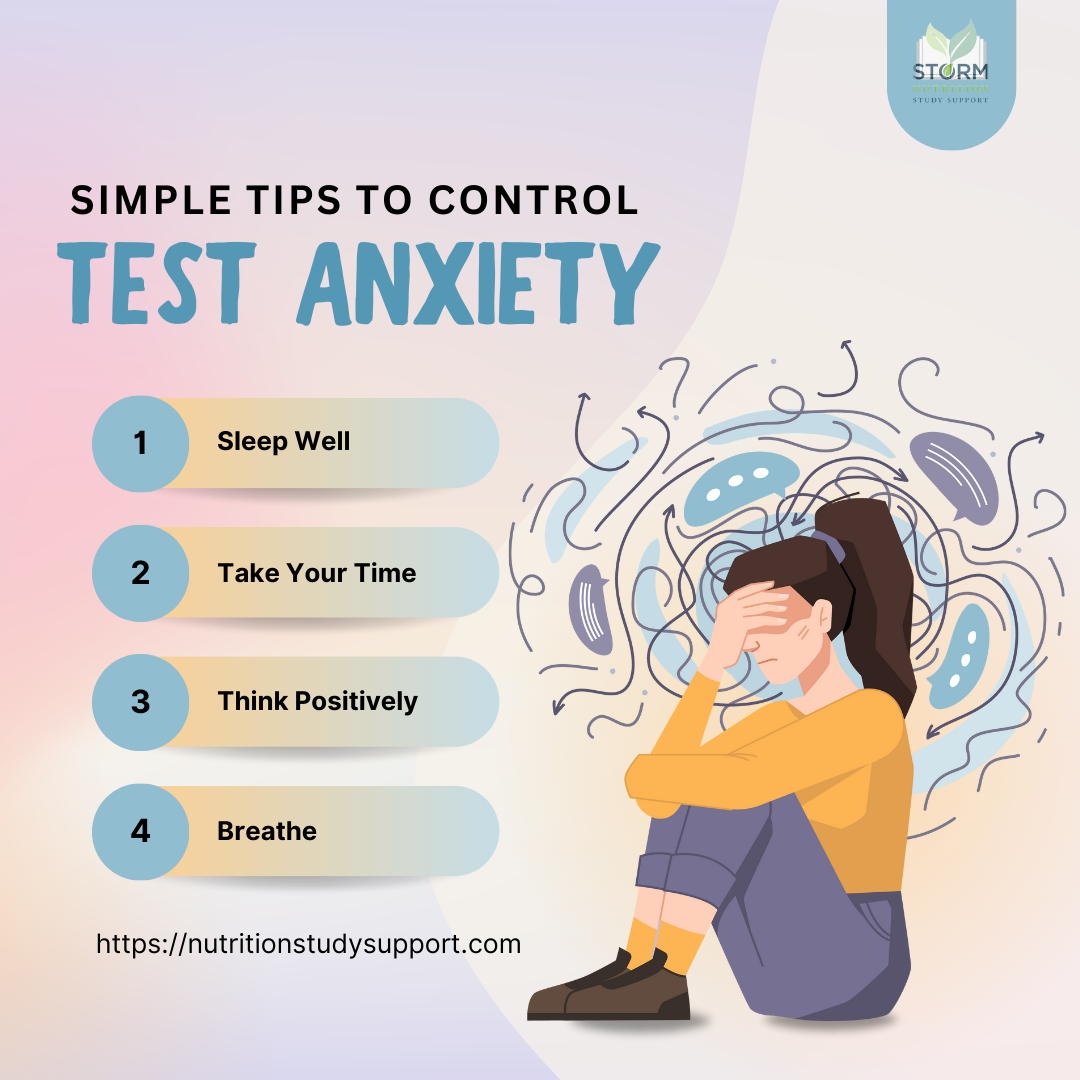Reducing Test Anxiety: Strategies for Success
 Reducing Test Anxiety: Strategies for Success
Reducing Test Anxiety: Strategies for Success
Test anxiety is a common experience for many learners, often leading to stress, poor performance, and a negative impact on overall well-being. However, with the right strategies, you can manage and reduce test anxiety, making the testing experience less daunting. Here’s a guide to help you navigate test anxiety effectively.
Effective Strategies to Reduce Test Anxiety
Preparation is Key
- Start Early: Begin your study sessions well in advance of the test date to avoid last-minute cramming. This gives you ample time to absorb the material.
- Create a Study Schedule: Break down the material into manageable chunks and set up a study schedule that spreads the workload over time.
- Practice Regularly: Regular review of the material, practice tests, and flashcards can reinforce your knowledge and boost your confidence.
Develop Healthy Study Habits
- Use Active Learning Techniques: Engage with the material by summarizing, teaching it to someone else, or creating mind maps.
- Stay Organized: Keep your notes, study materials, and resources well-organized. This reduces the stress of finding materials and improves study efficiency.
- Take Breaks: Short, regular breaks during study sessions help maintain focus and prevent burnout.
Manage Your Mindset
- Challenge Negative Thoughts: Replace negative thoughts ("I’m going to fail") with positive affirmations ("I am prepared and capable").
- Visualize Success: Imagine yourself calmly taking the test and answering questions with confidence. Visualization can help reduce anxiety and build confidence.
- Focus on the Process, Not Just the Outcome: Shift your mindset from obsessing over scores to valuing the learning process.
Practice Relaxation Techniques
- Deep Breathing: Practice deep breathing exercises to calm your nervous system and reduce anxiety. Inhale deeply, hold for a few seconds, and exhale slowly.
- Progressive Muscle Relaxation: Tense and then relax different muscle groups in your body to release physical tension.
- Mindfulness Meditation: Mindfulness helps you stay present and avoid getting caught up in anxiety-inducing thoughts about the future.
Prepare for the Test Day
- Get a Good Night’s Sleep: Aim for 7-9 hours of sleep the night before the test. Rest is crucial for cognitive function and memory recall.
- Eat a Balanced Meal: Avoid high-sugar foods that can cause energy crashes. Opt for balanced meals that include protein, complex carbs, and healthy fats.
- Arrive Early: Get to the test location with plenty of time to settle in and reduce last-minute stress.
During the Test
- Read Instructions Carefully: Take a moment to read through the test instructions and questions carefully. This helps you avoid mistakes due to misunderstandings.
- Pace Yourself: Keep an eye on the time, but don’t rush. Answer easier questions first to build confidence, then return to more challenging ones.
- Stay Positive: If you start feeling anxious during the test, pause, take deep breaths, and remind yourself that you’ve prepared for this.
Seek Support if Needed
- If test anxiety becomes overwhelming, don’t hesitate to seek support.
- Talking to a mentor, counselor, or therapist can provide additional strategies and emotional support.
- Sometimes, anxiety might require professional help to manage effectively.
Reducing test anxiety is about preparation, mindset, and self-care. By implementing these strategies, you can approach tests with greater confidence and perform to the best of your abilities. Remember, it’s not just about the score—it’s about learning and growing through the process. Stay positive, stay prepared, and know that you have the tools to succeed.
We at Storm Nutrition Study Support are here to help with a variety of nutrition support training and study guides to prepare you for success.


Comments
Post a Comment